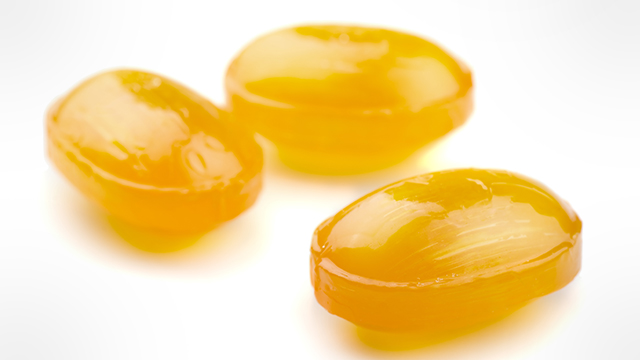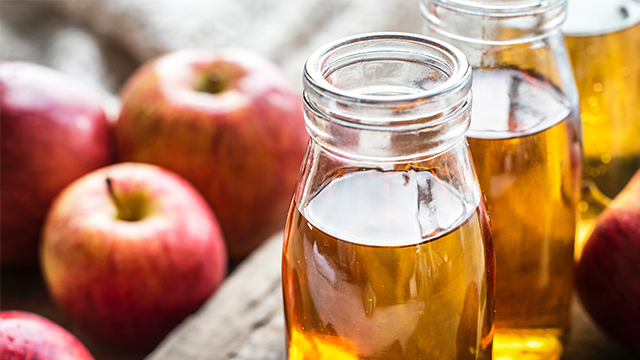10 Remedies to Help Your Throat Survive Audition Season
Written by Ashleigh Gardner
September 16, 2016
Everyone knows how hard audition season can be on your throat. Protect it (and soothe it) with these tried-and-true remedies.
1. Throat Coat Tea

A favorite among singers and actors, Throat Coat Tea is widely available from different companies and is known for its soothing effect on the vocal chords. Made from licorice root and slippery elm bark, Throat Coat is a demulcent that coats the throat in a viscous liquid and soothes irritation. (Be careful not to drink too much; large quantities of licorice root increase cortisol levels and may put stress on your kidneys, increasing your blood pressure.)
Where to find: Target, Walmart, Kroger, Publix, Wegman’s, and Amazon.com
2. Fisherman’s Friend

This English product comes in different flavors (for those who don’t like menthol): cherry, tropical, black currant, and mint. Its ingredients include licorice extract, eucalyptus oil, and capsicum tincture, which act as anti-inflammatory and pain-relieving agents. In addition to being great for your throat, Fisherman’s Friend is vegetarian/vegan.
Where to find: CVS, Rite Aid, and Walgreens drugstores, Kroger, Publix, Albertsons, Wegmans, and Amazon.com
3. Apple cider vinegar

Found at most supermarkets, apple cider vinegar has been used for decades to soothe a raw throat. Make sure to get the raw, unfiltered kind with the “pulp” at the bottom (called the “mother”). This pulp contains vitamins and nutrients that are lost when the vinegar is filtered. The most common recipe for this remedy is to dilute 1 teaspoon of apple cider vinegar in 4 ounces of water. Stir the mix well and drink it once an hour, for seven hours. You can also gargle apple cider vinegar backstage during breaks from scenes when you don’t have time to make tea.
Where to find: Publix, Wegmans, Walmart, Albertsons, Target, and Amazon.com
4. Green tea

Need that extra boost in the morning, but don’t want that restless, jittery buzz that coffee gives you? Brew some green tea (not too hot) and sip. The tea will help warm your throat, and the caffeine (about half the amount found in coffee) absorbs into your body more slowly. If you like a little more excitement in your green tea, there are some green teas that are flavored with other ingredients: blueberry, pomegranate, mint, and a variety of other flavors.
Where to find: Target, Walmart, Kroger, Publix, Wegman’s, and Amazon.com
5. Honey and lemon

Add some honey and lemon to the green tea. Honey coats your throat in a viscous fluid that soothes raw vocal chords, and lemon juice, an acidic liquid, helps break up any mucus that is caught in your esophagus. Don’t drink too much lemon juice, though, or you may dry out your throat.
Where to find: (any supermarket)
6. Aloe vera and coconut oil

Aloe vera has healing properties in addition to soothing effects on a sunburn. Mix some aloe vera from the plant and a teaspoon of coconut oil in an 8oz cup of hot water. The oily, non-sugary coconut oil and cooling properties of aloe will soothe your throat and coat it in a layer of viscous liquid, making it easier to speak.
Where to find: Aloe vera plants can be found from plant stores like Home Depot or Lowes. Coconut oil can be found at Wegmans, Albertsons, Publix, Walmart, Target, and Amazon.com.
7. Scarves

Wear a scarf to keep your throat warm. Maintaining warmth around the throat will help keep your chords supple and loose. Use this trick especially in cold weather or in buildings that are exceptionally chilly.
Where to find: Any clothing store (or make a scarf yourself!)
8. Ice

Only after your final number in your performance should you suck on some ice if you choose this method. Ice cools the throat and makes the vocal chords more stiff, but it allows you some soothing comfort after an intense vocal performance.
Where to find: Your freezer.
9. Not yelling/screaming/whispering

When you yell and scream, you obviously do more damage to your vocal chords; putting so much pressure on already damaged chords only causes more discomfort. However, whispering has also shown to damage vocal chords worse than speaking in an “inside voice”. When you whisper, you squeeze your vocal chords together more tightly in order to make the low sound of a whisper; this is more traumatic than using a voice at a low level. The best advice? Talk the way you would talk to someone at a nice dinner in a quiet restaurant.
10. Warming up

There is no excuse for not warming up. Warming up for at least 20 minutes before every rehearsal or performance helps prevent a raw and damaged throat so that, hopefully, you’ll never have to use these remedies!
